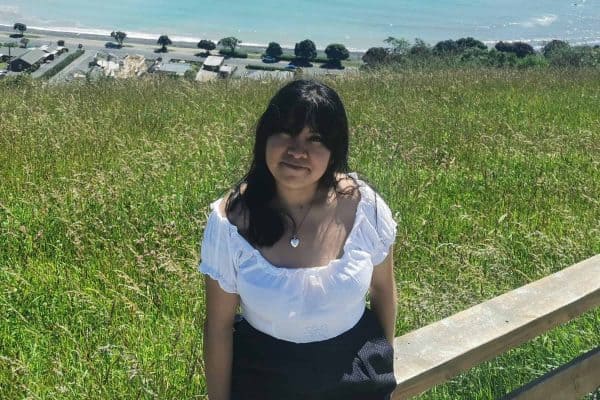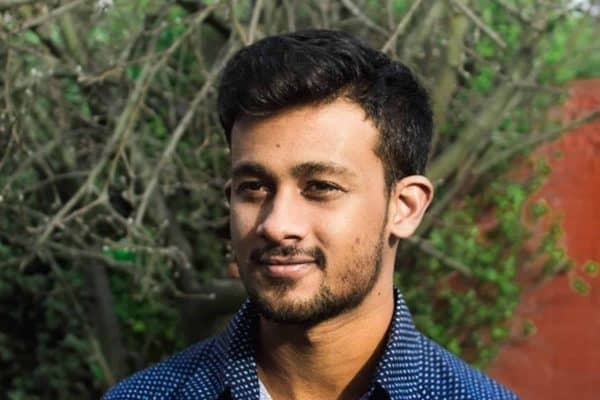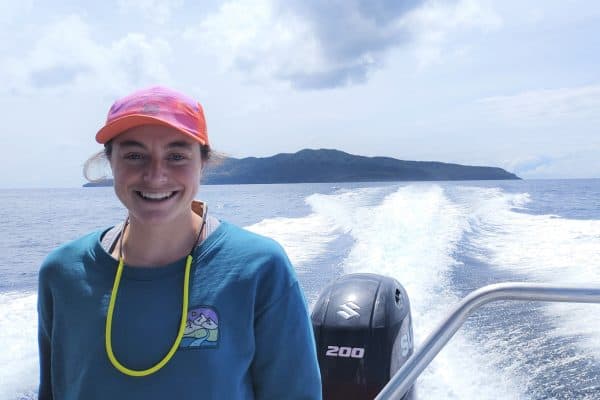Flood Risk Management and Community Resilience in New Zealand
Kia Ora! I am Widi, now living in Auckland surrounded by many beautiful and incredible people. I came to New Zealand in 2019 to pursue a Master’s degree in Construction Project Management at Massey University and started my PhD in 2020 under a Massey University Doctoral Scholarship.
Growing up in Indonesia, I live with the importance of community, culture, and diversity. The same impression of community I found while living here, makes me love the country and the culture even more. After finishing my master’s degree with a thesis in post-disaster housing reconstruction, I then discovered a new direction in my journey and started exploring more about natural disaster response and recovery topics through a PhD.
I am an art enthusiast. I am drawn to discovering beautiful meaning in design, building, and arts. I believe that part of me comes from my background in Architecture. I have been working as an architectural designer and an assistant project manager while working on my PhD as I believe a balance of theory and practice is important. I find comfort in art galleries, excitement in looking at complex building structures, and I find peace in drawing on a beach, on the grass, or on my bed. When I need a little bit of a workout and do something – not just sitting, writing, or drawing with a cup of tea or hot chocolate – I will spend the evening on a court for tennis or a squash session, in a gym for a boxing lesson, or in the bush for a nice walk.
My Project
My PhD research is focused on natural hazards, community resilience, and sustainability. The Northland region of New Zealand’s North Island is my case study as the area was one of the most prone to recurring floods and is a good representation of flood resilience being led by the local community, through active community engagement, regular flood work meetings, and the practice of transparency of information. However, because flooding in Northland is not new and not catastrophic, not many people are interested in exploring this non-ground-breaking issue. This attitude leaves the region with an understudied problem: recurring floods with no solution, marginalised communities, generalised action plans and different interpretations of the centralised guidelines for flood response and recovery. Therefore, I am determined to take this matter up through my PhD, discover the potential solutions and challenges, and work closely with communities at risk in Northland to find the best approach to reducing flood risk and enhancing resilience toward recurring floods.
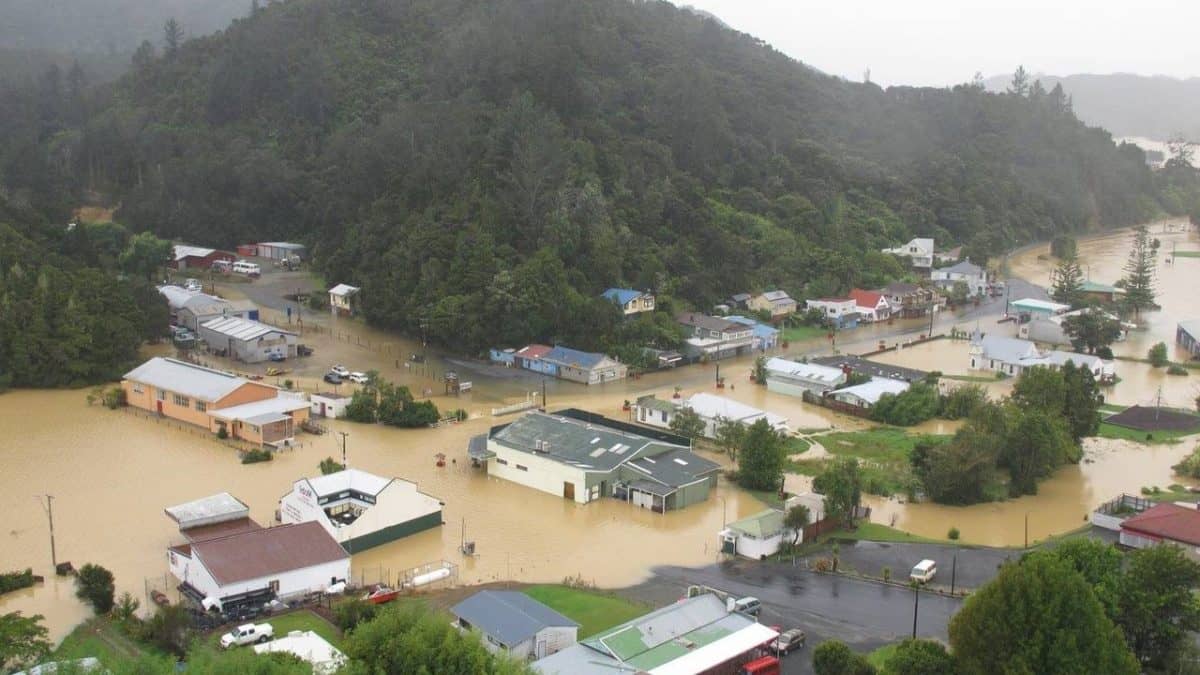
My supervisors, Prof Suzanne Wilkinson and Dr Mohamed Elkharboutly, and I developed a survey and interview questions at the beginning of my PhD journey to discover the real problem of the recurring flooding in Northland communities, and the state of the people before and after flood events. We explored different tools for our projects such as flood mapping, resilience measurement, flood-related legislation, and other related tools.
In this project, we use a qualitative approach and focus on having culturally informed decisions in our overall research process. So far, we have found that risk communication, indigenous and local knowledge application, and community engagement are fundamental for a community to be flood resilient.
Being an international student, working with the local and indigenous community in Northland and corresponding with key stakeholders has its challenges. However, I am grateful that I found the support that I need to conduct this project.
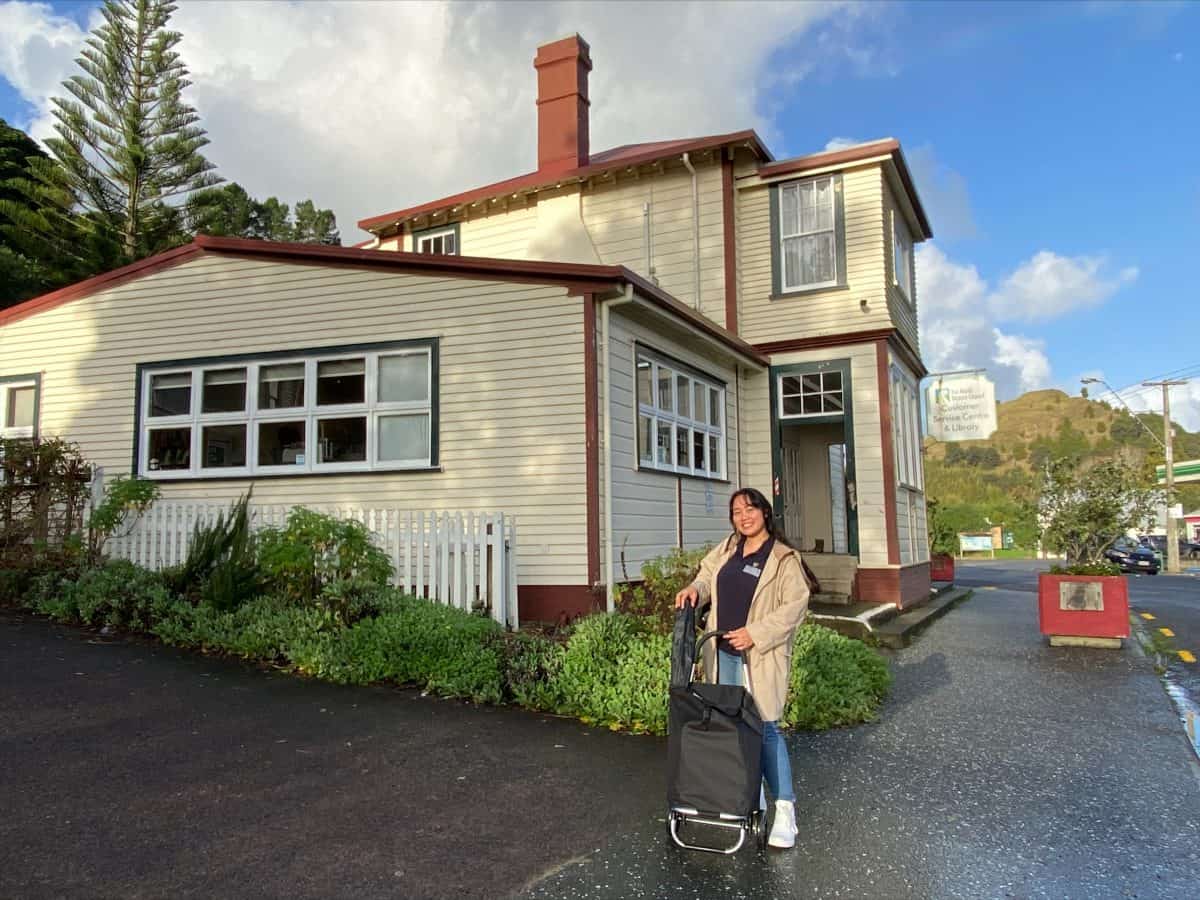
Next Steps
We still have many key points that need to be discussed. We will continue to publish papers and share our works through conferences and webinars with fellow academics, and get involved in community meetings, while sharing our key findings which can be progressively implemented by them. Now I am in the process of finishing my PhD. I hope my research will have two impacts: first, on local government and other organisations to start providing more local-based solutions in managing flood risk and its impacts from climate change. Second, for the local community within the area at risk to become more resilient through the plans that will be developed by the end of this PhD project.

